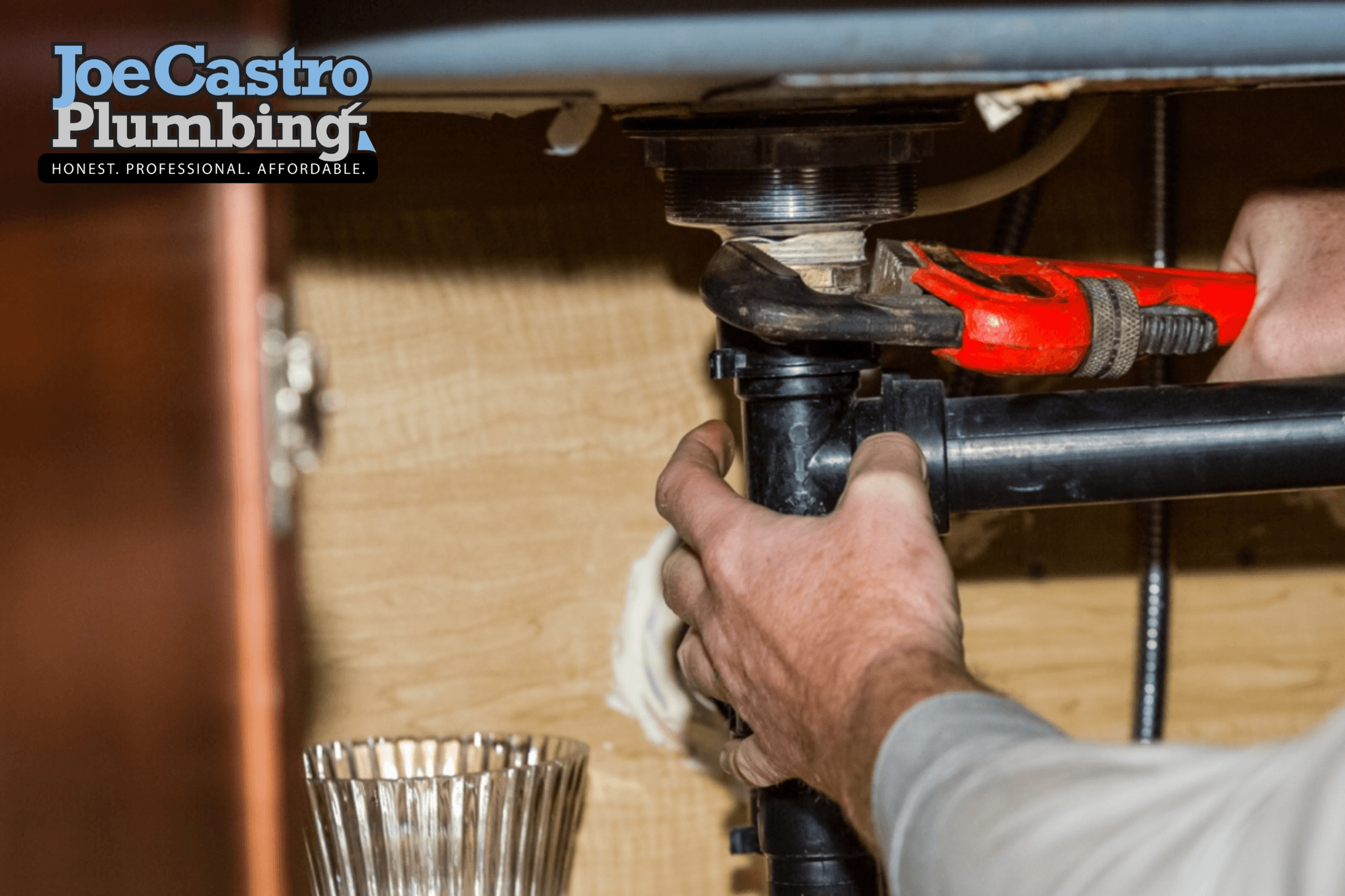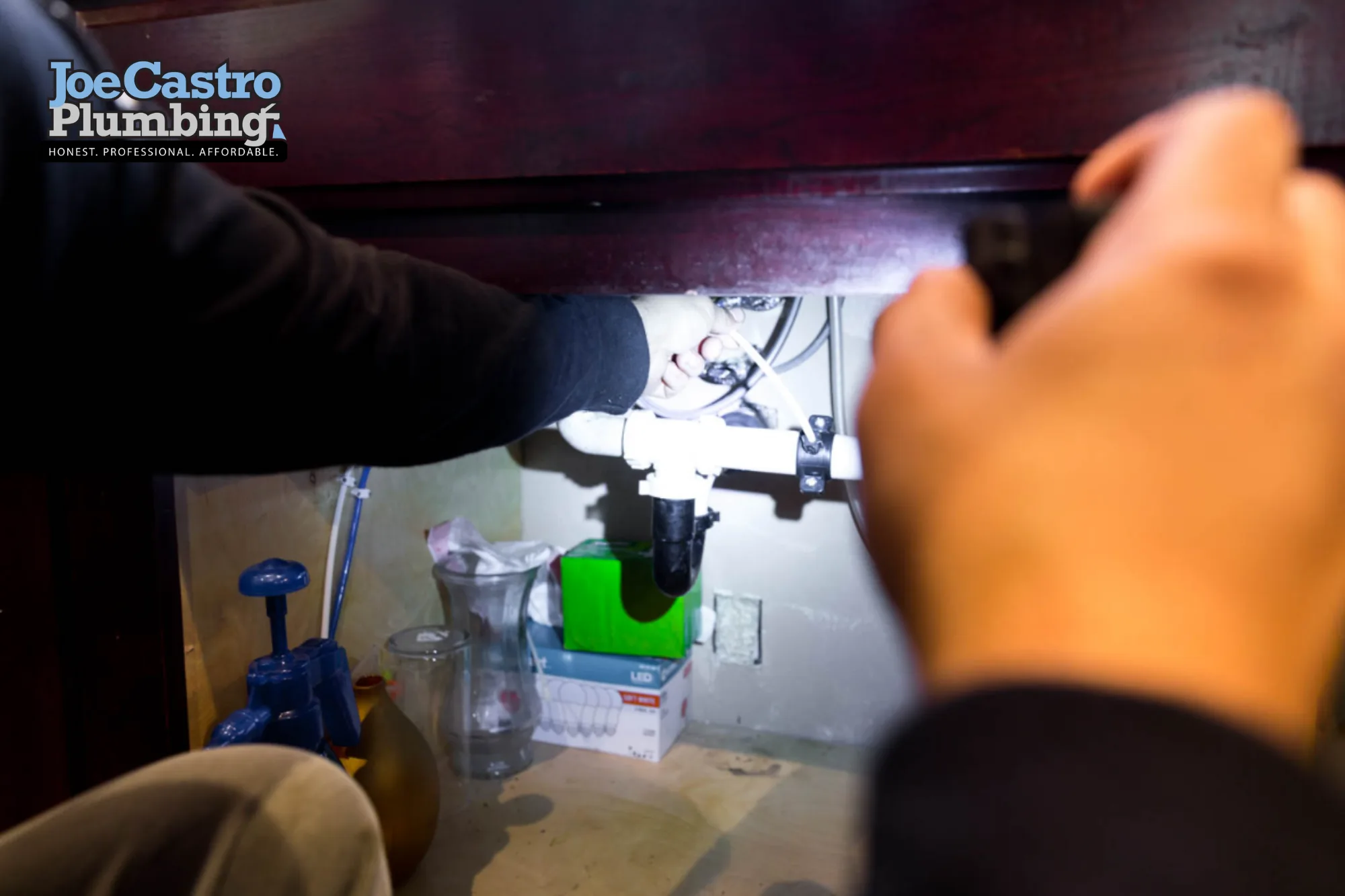Turning on your tap and seeing discolored or rusty water can be both unpleasant and alarming. While it might seem like a temporary nuisance, rusty water is often a red flag for a much more serious problem—pipe corrosion. Left unchecked, corroded pipes can lead to water contamination, poor water pressure, and expensive plumbing repairs.
In this post, we’ll dive into what causes rusty water, how it connects to corrosion, and what steps you should take if you spot it in your home or business.If you’re in need of a trusted plumber in Chateau, TX, addressing this issue sooner rather than later is key
What Does Rusty Water Look Like?
Rusty water is usually easy to identify. It has a brown, orange, or reddish tint and may even carry a metallic smell or taste. In most cases, it’s especially noticeable when you first turn on the tap or run hot water. You might also see rust-colored stains on your sinks, toilets, or bathtubs.
This discoloration is caused by iron and other minerals in the water supply, and while it doesn’t always indicate a plumbing emergency, it should never be ignored.
Common Causes of Rusty Water
1. Sediment From a Municipal Supply
Sometimes, rusty water isn’t a problem with your home’s plumbing at all. During routine maintenance, water mains may be flushed or disturbed, which can stir up sediment and rust from aging city pipes. This type of discoloration typically clears up after a short time.
Tip: Run cold water from a faucet for several minutes. If the water clears, it may have been a temporary disturbance in the public supply.
2. Water Heater Issues
If rusty water only appears when using hot water, the problem could be in your water heater. Over time, sediment can build up inside the tank, and the sacrificial anode rod (which is meant to attract corrosive elements) may wear down, allowing rust to form.
Solution: Drain and flush your water heater annually and replace the anode rod when necessary. If rust continues, the unit may need professional attention.
3. Corroded Pipes
One of the most common and concerning causes of rusty water is pipe corrosion. Homes with older galvanized steel pipes are especially susceptible. As these pipes age, the protective zinc coating wears off, allowing the iron underneath to rust. Eventually, this rust flakes off into the water supply, resulting in visible discoloration.
Corroded pipes don’t just affect water quality—they can weaken the plumbing system, cause leaks, and lead to costly damage.
Signs That Point to Pipe Corrosion
Discolored water isn’t the only sign your pipes may be corroding. Here are other red flags to watch for:
- Low water pressure: Rust and sediment can build up inside the pipe, restricting flow.
- Frequent leaks: Corrosion weakens pipe walls, making them more prone to cracks.
- Unusual water taste or smell: Metallic tastes or odors often come from rust particles.
- Staining: Rusty water can leave reddish-brown stains on porcelain fixtures and laundry.
If you’re noticing any combination of these issues, it’s time to call a professional plumber Chateau TX to evaluate the situation.

The Long-Term Impact of Corroded Pipes
Ignoring pipe corrosion can lead to more than cosmetic concerns. Corrosion slowly eats away at the internal structure of the plumbing, leading to:
- Water damage from unexpected leaks
- Decreased water quality
- Potential exposure to harmful contaminants
- Increased utility bills due to inefficiency
In severe cases, pipe corrosion can lead to complete system failure, requiring large-scale pipe replacement. This is why addressing rusty water and inspecting your pipes early can prevent much bigger problems later.
How Plumbers Diagnose Pipe Corrosion
When you contact a Chateau TX plumber services team to investigate rusty water, they’ll typically follow a multi-step process to pinpoint the issue:
- Inspect visible pipes for signs of rust or leaks.
- Check water from various taps to determine if the problem is isolated or system-wide.
- Test the water quality, especially for iron levels and other contaminants.
- Evaluate the age and material of your plumbing system.
In some cases, plumbers may recommend video camera inspections to check inside pipes without invasive work.
Solutions for Corroded Pipes
The right solution depends on the severity of the corrosion and the type of plumbing in your home. Options may include:
Pipe Replacement
If your system uses galvanized steel pipes that are corroding, full replacement may be the most effective long-term solution. Many homeowners choose to upgrade to modern materials like copper or PEX, which are resistant to corrosion.
Partial Repairs
In some cases, only a section of pipes may be affected. A targeted repair or localized pipe replacement can be a more affordable fix if caught early.
Water Filtration or Treatment
If your water has high iron content due to your water source, installing a filtration system may help reduce discoloration and prevent sediment from reaching your pipes.
Regular Maintenance
Even after resolving a corrosion issue, it’s smart to schedule routine maintenance with a qualified plumber in Chateau TX to ensure long-term protection and early detection of future problems.
Don’t Ignore Rusty Water—Call Joe Castro Plumbing
Rusty water is more than just an inconvenience—it can be a clear sign of deeper issues in your plumbing system. Whether you’re dealing with an aging water heater, sediment in your municipal supply, or corroded galvanized pipes, it’s important to act quickly.
At Joe Castro Plumbing, we provide dependable, full-service plumbing solutions for homeowners and businesses in the Chateau area and beyond. Our skilled technicians handle everything from leak detection and water heater repair to full pipe replacement and water quality testing. If you need professional, honest service from a reliable plumber in Chateau TX, we’re here to help.
Let us take the guesswork out of your plumbing issues—contact us today for fast, expert solutions you can trust.






